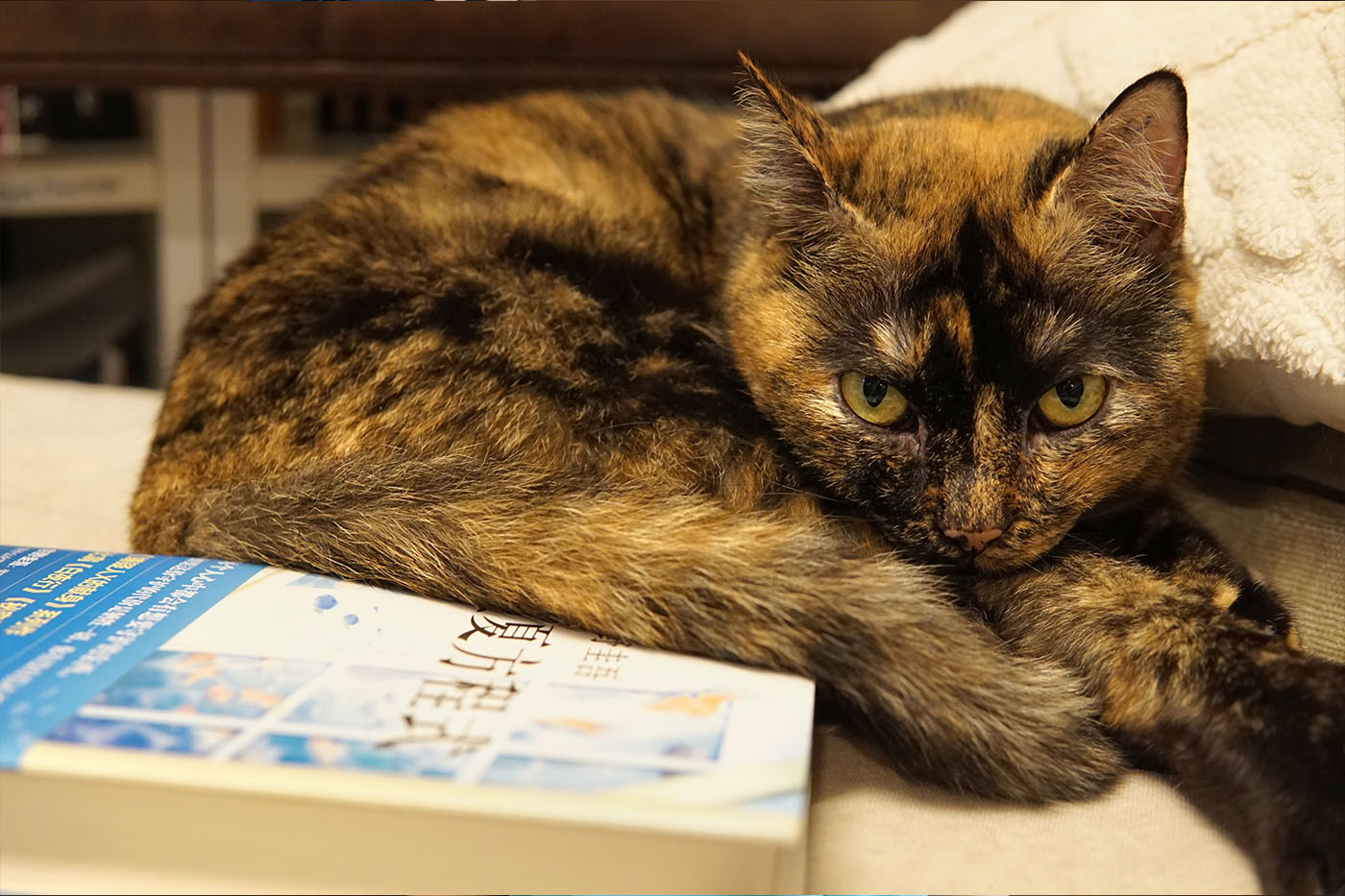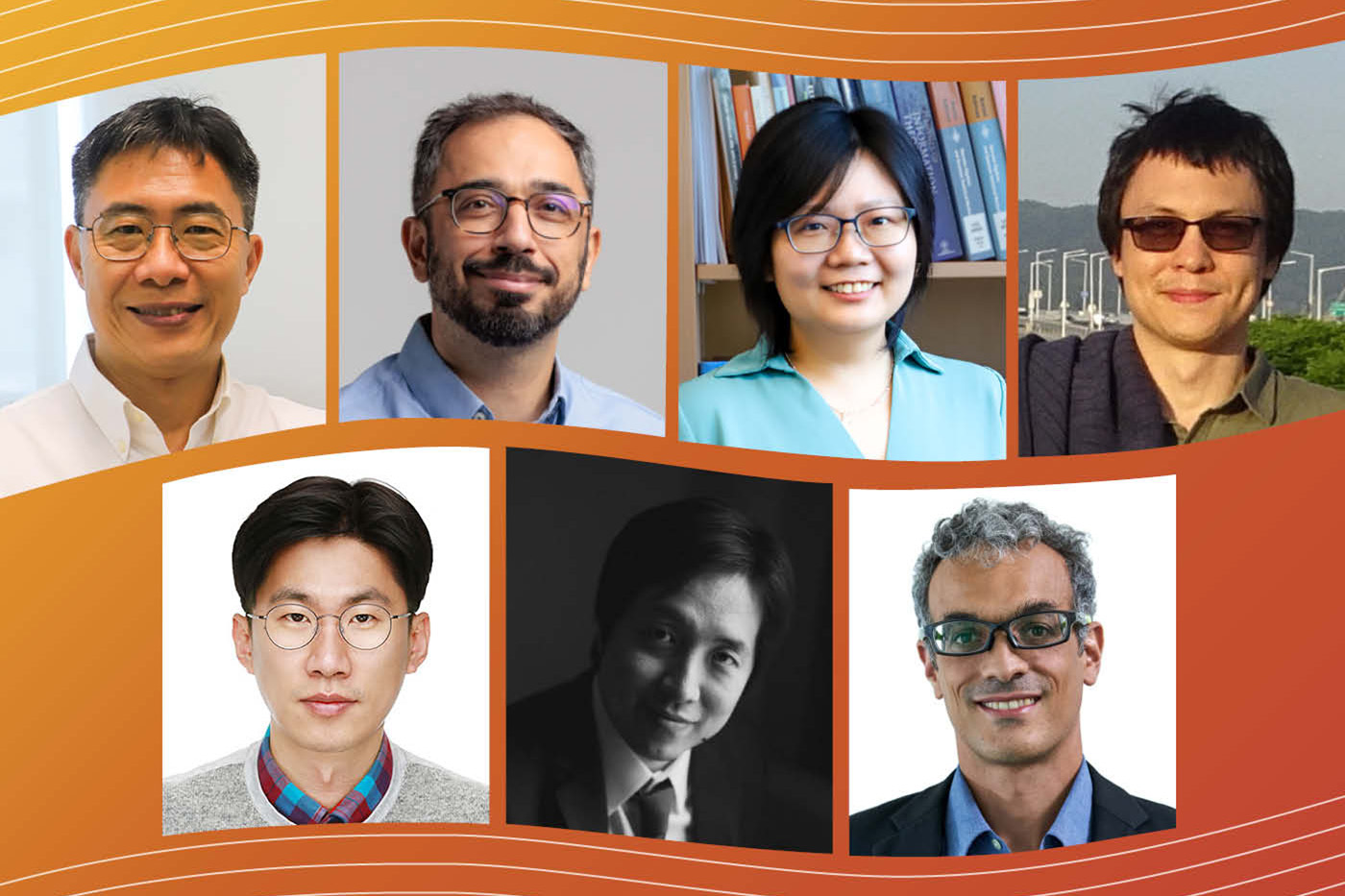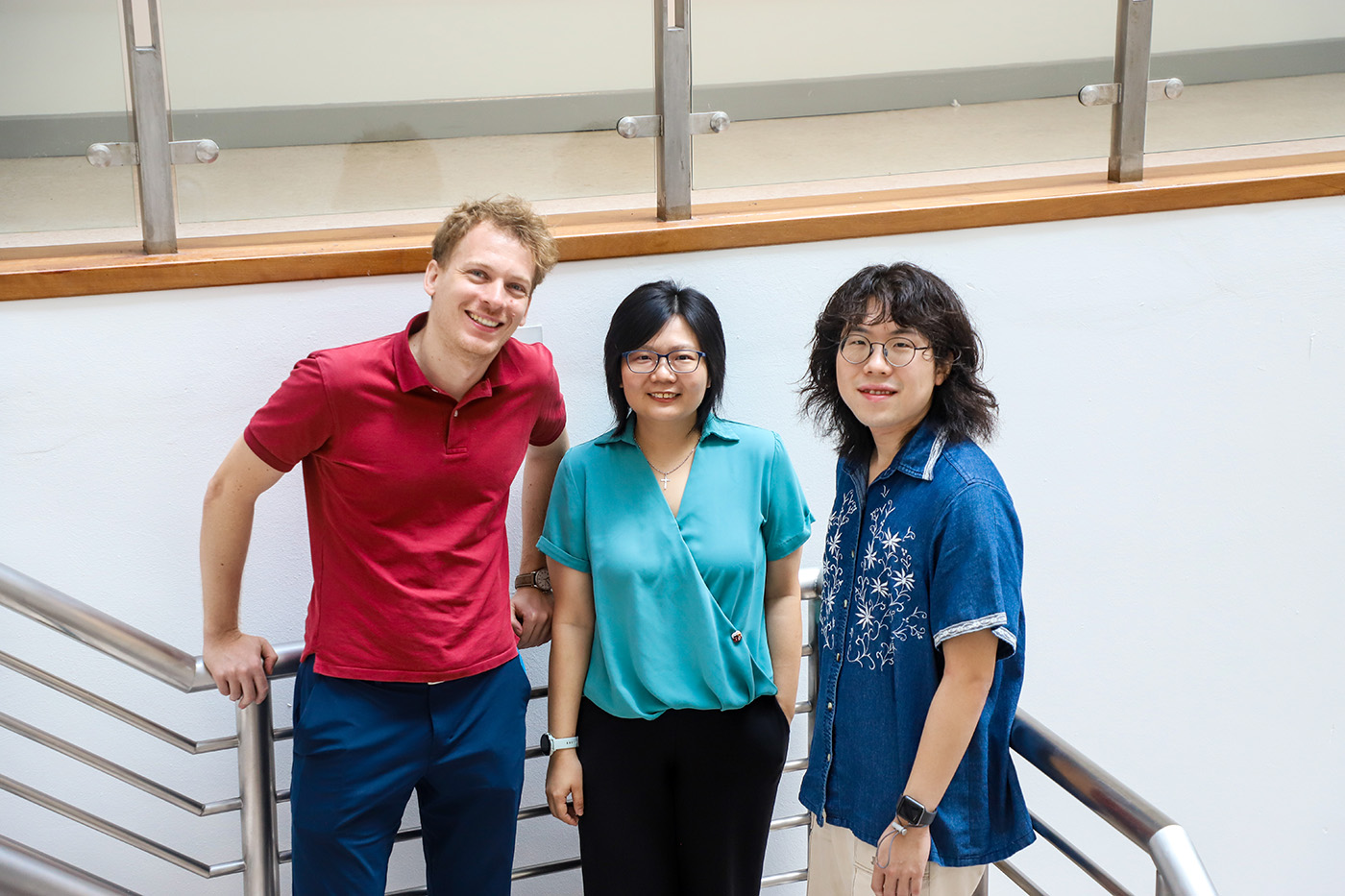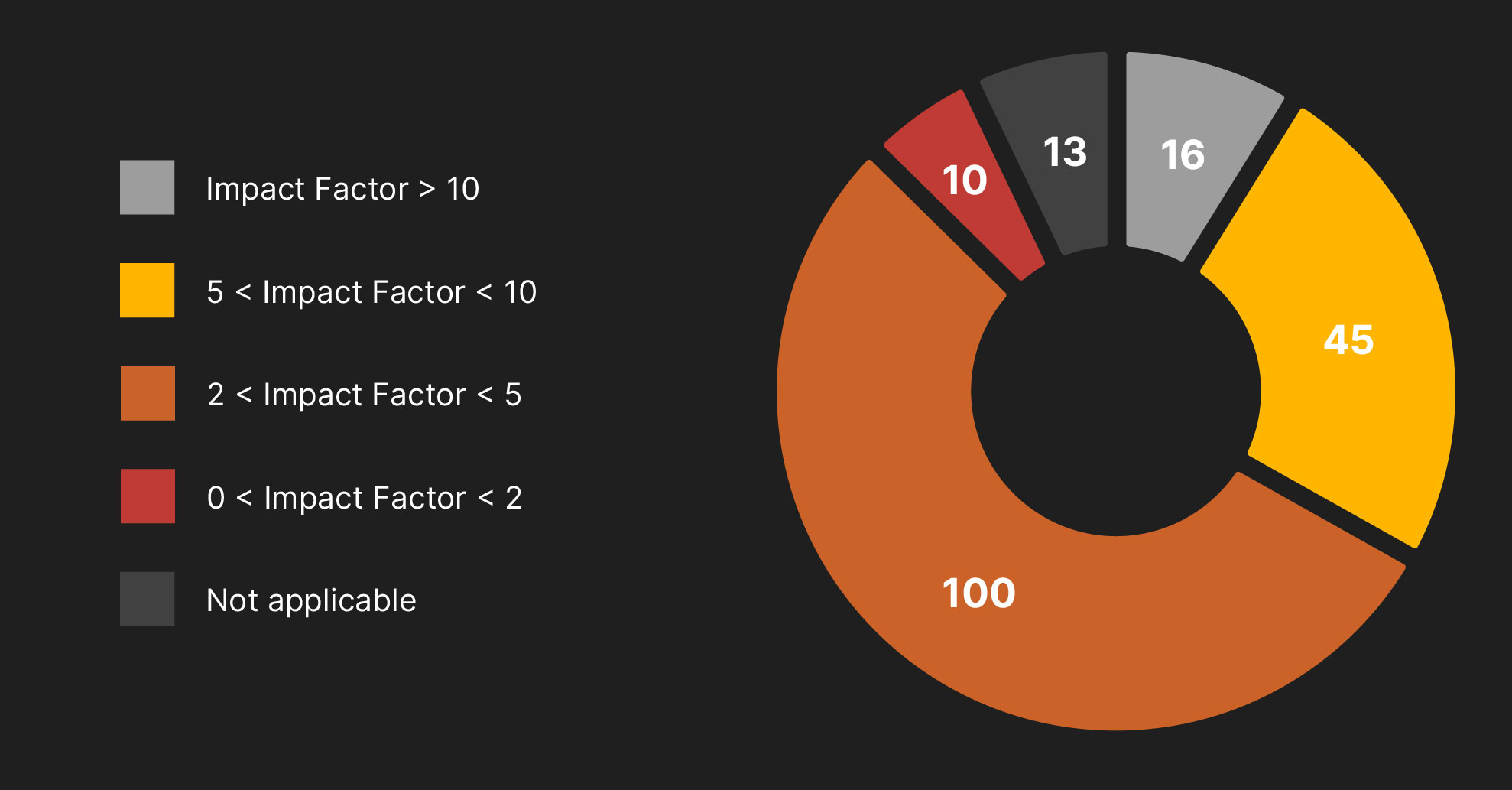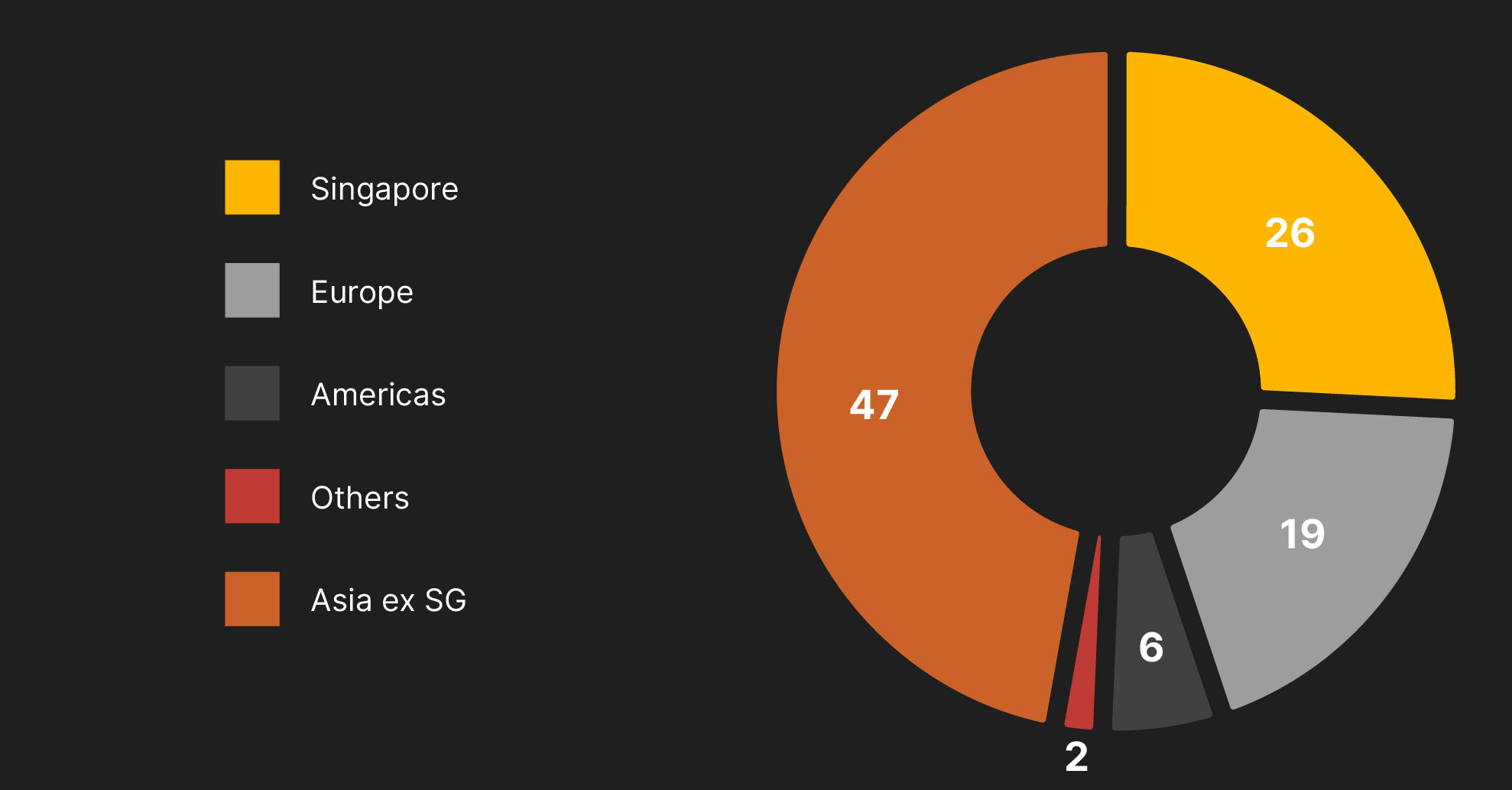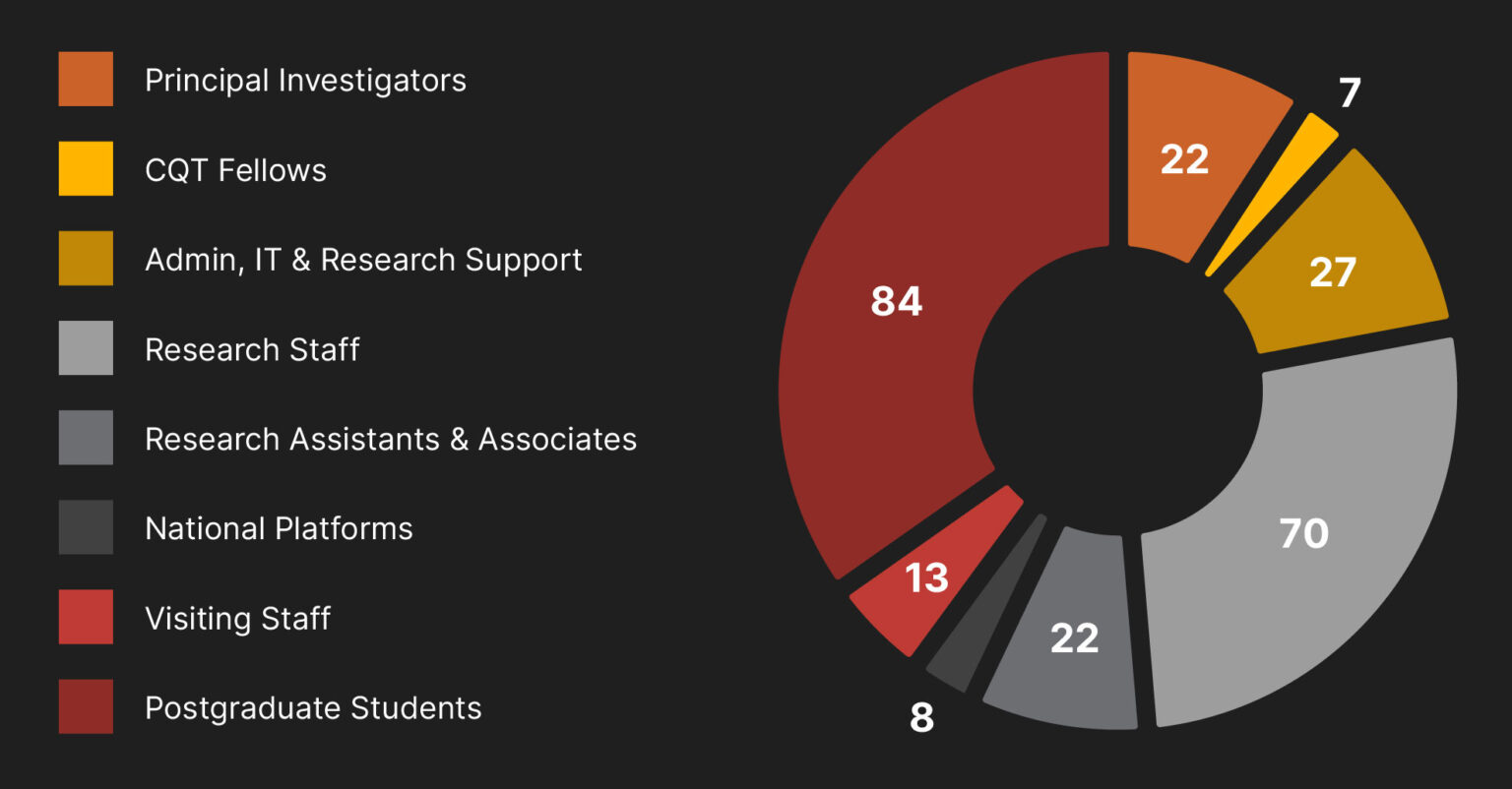Meet a CQTian: Nelly Ng
Once a research assistant at CQT, Nelly returns as a CQT Fellow based at Nanyang Technological University working on a wide range of topics such as resource theories, algorithms, simulation and communication
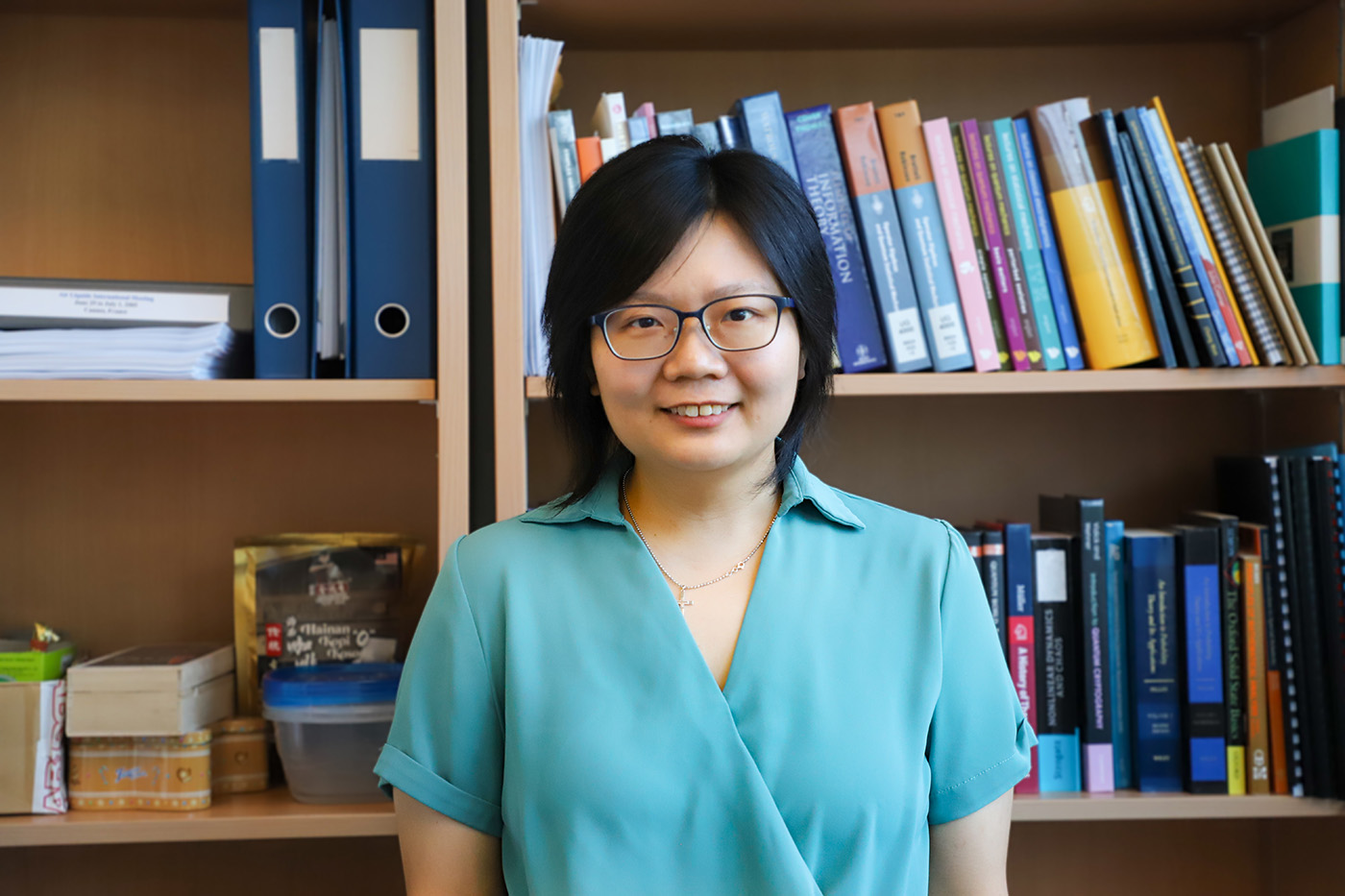
Outside of work, Nelly enjoys reading with her cat in her lap, as well as long walks and meaningful conversations with people.
You were recently appointed CQT Fellow, but your association with the Centre began years before. Please tell us the story.
During my undergraduate studies at Nanyang Technological University, Singapore (NTU Singapore), I decided to explore research opportunities. At the time, former CQT Principal Investigator Stephanie Wehner was looking for summer research interns, and that was how I ended up at CQT.
After the summer research internship, I continued with Stephanie for my Final Year Project (FYP) and then spent another few years at CQT until 2016, when I went to Delft in the Netherlands to do my PhD.
How did you get interested in quantum?
I think it is hard not to as a physics student. Learning physics, you are used to a world that is very deterministic. Quantum theory is one place where people start realising there is intrinsic randomness in the fundamental sciences. That is something very counterintuitive. I started to appreciate it when I saw how quantum physics changed the way people designed new cryptography and computational protocols. Over the years, I became more drawn towards the underlying mathematical structures and conceptual frameworks.
Tell us about your current research.
I’ve worked on quantum resource theories for more than a decade already. You can say it is my passion. In particular, I’ve been interested in catalysis for a long time. We wrote a review paper about it last year, but there’s still much to learn!
My other research direction is algorithms and quantum simulators. Several of my latest papers are on this.
What are quantum resource theories?
They offer a structured way to understand what’s useful in quantum systems and how different resources can be transformed. A quantum resource is usually in the form of a quantum state, which you need to process or manipulate for some task.
There are many aspects of a state that can be quantified as a resource, such as coherence, entanglement, nonlocality, even thermodynamics. We are interested in the question of whether we can transform one quantum state to another by only using free operations.
One aspect of resource theories is the possibility of having catalysis. This means we start with a situation where a transition is not possible, and we add an additional system whose presence enables the transition. The catalytic effect emerges from the mathematical structure itself. Basically, we have these useful states that we don’t need to consume, just to have, and they can activate the transition. This is something I find fascinating.
What are you looking forward to in your new role?
I’m looking forward to more engagement with the community. As CQT is moving forward as a national centre, I see my role as strengthening the presence of CQT here at NTU. I’m also a Co-Principal Investigator at the National Quantum-Safe Network (NQSN) so I’m often at CQT at NUS to speak with the NQSN people based there, and some of my FYP students are working on projects with NQSN. Through NQSN, we have ongoing collaborations with the group of Alexander Ling.
Can you share more about your work with NQSN?
The idea is to use this network as a testbed to deploy quantum communication technology. My role is largely theoretical. I work on the theory aspects of quantum random number generation and quantum key distribution key rates. While these are not yet directly linked to deployment on the testbed, theory knowhow is important to optimise performance.
What do you enjoy most about what you do?
Science for me is an activity where you appreciate something outside of yourself. I value the intellectual freedom to ask questions based on intellectual curiosity and being able to focus on solving puzzles. It is also fulfilling to work with a group of brilliant, like-minded people and enable them to grow. It is inspiring and it drives me to grow as a scientist myself.
Is your group hiring?
There are a few openings coming up soon, and usually I’d post more specific updates on the group website! Additionally, there are also opportunities for independent fellowships, and I am happy to host people who have similar research interests.
What do you enjoy outside work?
I enjoy meaningful conversations with people – students, colleagues, friends at church, acquaintances from my nomadic life in academia. I am also a Hall Fellow at NTU, where every Tuesday evening, my home is open for students to drop by, chit chat, and play with my cat.
I read often with my cat on my lap. One thing that I’ve read consistently throughout the years is mystery novels. Two authors that I like are Agatha Christie and Keigo Higashino. I like biographies as well. I am a Christian, so I read the Bible, seeking both wisdom and truth in my faith. I also read about quirky stories in psychology and medicine, Chinese prose, books about cats – whatever captures my attention.
